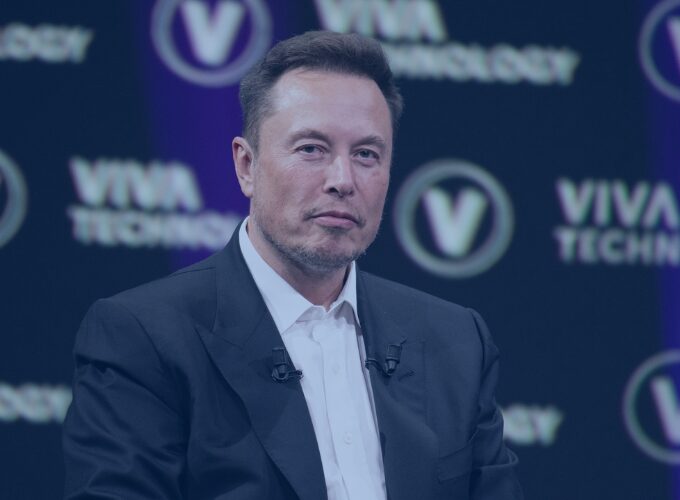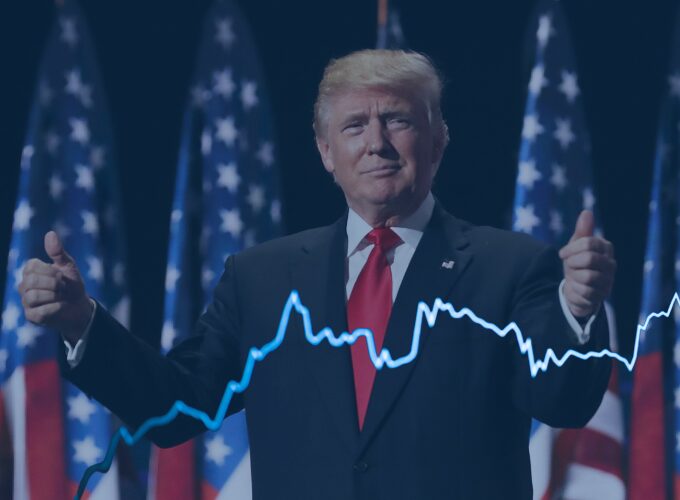Hailey Borg
The re-election of Donald Trump brought significant shifts in the political and economic landscape. His administration’s policies, cabinet appointments, and regulatory focus signal a return to prioritising fossil fuels, deregulation, and nationalistic trade policies. These changes have created tailwinds for traditional energy and defence sectors while simultaneously raising uncertainties for renewable energy and technology-focused companies.
The administration’s stance has also influenced investor sentiment. Trump’s focus on “America First” policies, including incentivising domestic industries and reshaping international trade agreements, has had varying effects across industries. Companies closely aligned with these priorities have prospered, while others reliant on globalisation or sustainability initiatives have faced setbacks.

Energy Policy Favouritism
Traditional energy companies (e.g., ExxonMobil, Chevron) have thrived due to the administration’s explicit support for fossil fuels, relaxed environmental regulations, and curbs on renewable energy incentives. Conversely, renewable energy firms have struggled, as the market anticipates fewer subsidies and tax credits.
Defence and National Security Spending
Increased federal spending on defence and military technology has bolstered companies like Lockheed Martin and Raytheon Technologies. This reflects the administration’s focus on strengthening the US’s military-industrial complex, which provides consistent revenue streams to contractors.
Tech Regulation and Antagonism
Technology companies tied to renewable or international trade markets (e.g., Tesla, Enphase Energy) have seen declining investor confidence due to potential policy headwinds. Additionally, antitrust actions or regulatory uncertainties have created risks for large-cap tech firms.
Market Realignment with “America First”
Domestic industries benefiting from tariffs, reshoring incentives, or infrastructure spending have gained traction. This includes industrial manufacturers and companies focusing on the domestic energy supply chain. However, sectors reliant on global trade and international partnerships, such as certain renewables or EV firms, face challenges.
Environmental and Social Divergences
The rollback of environmental protections and a diminished focus on ESG (Environmental, Social, and Governance) policies have negatively impacted companies that rely on sustainability narratives to attract investors. In contrast, traditional industries have found breathing room to expand operations without stringent regulatory oversight.
Overall Context
Trump’s re-election has amplified divergence across industries. Companies aligned with his administration’s pro-energy and defence stances have flourished, as investors expect supportive policies. Simultaneously, sectors prioritising renewable energy, sustainability, or technology have faced challenges due to perceived policy risks. While domestic-focused businesses benefit from trade realignments, globalisation-centric companies are re-evaluating strategies under a more protectionist outlook.
Investor confidence remains tied to clarity on the administration’s policies. For sectors like renewables, adjustments to a less supportive regulatory environment will require innovation and alternative funding mechanisms to sustain growth. Meanwhile, traditional energy and defence firms are poised to leverage their momentum in a friendlier market landscape.
You Might Also Like

Latest Article
Elon Musk Could Become The World’s First Trillionaire During 2026
Elon Musk is edging closer to becoming the world’s first trillionaire, after a fresh surge in his net worth pushed his personal fortune to new record levels at the start of 2026. According to the latest estimates from Forbes’ real-time billionaires index, Musk’s net worth is now approaching $790 billion, the highest ever recorded … Continued
|
29 January 2026
Written by MeetInc.

China Has Added More Power Capacity In Four Years Than The United States Has In Total
|
29 January 2026
Written by MeetInc.

HSBC Malta Supports Trauma Therapy Service For Road Accident Victims
|
29 January 2026
Written by MeetInc.

Virtu Ferries Brokers New Italy–Malta Trade Agreement For SMEs
|
28 January 2026
Written by MeetInc.










